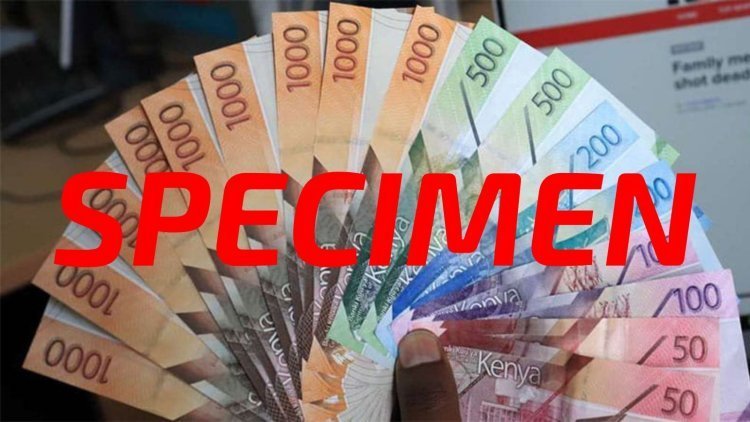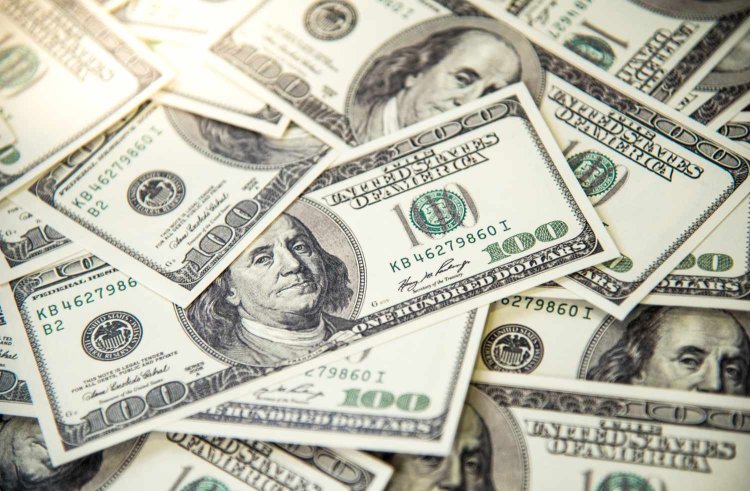CS Mbadi Responds To Claims Govt Is Manipulating Kenyan Shilling
A statement issued after the meeting highlighted that several factors have bolstered the currency’s stability, including higher diaspora remittances.

Treasury Cabinet Secretary John Mbadi has dismissed speculation that the government is manipulating the Kenyan shilling, following its prolonged stability against the U.S. dollar.
Speaking on Wednesday during a meeting with Swedish Ambassador Håkan Åkesson, Mbadi attributed the shilling’s resilience to “prudent macroeconomic stewardship and growing investor confidence in Kenya’s economic trajectory.”
A statement issued after the meeting highlighted that several factors have bolstered the currency’s stability, including higher diaspora remittances.

An image of a bundle of notes. /FILE
“CS John Mbadi has reiterated the resilience of the Kenya Shilling, dispelling claims of currency manipulation and attributing its sustained stability to robust economic fundamentals,” it read in part.
Beyond the 8 percent rise in remittances, Mbadi cited improved export performance and recent reforms that allow Kenya to procure fuel through government-to-government deals without relying solely on the U.S. dollar—moves he said have reduced pressure on foreign exchange reserves.
The CS further pointed out that the shilling has maintained an average rate of Ksh129 to the dollar over the past 15 months, coinciding with steady economic growth of around 5 percent.
The government, he added, is targeting 7 percent growth to spur job creation and expand economic opportunities under the Bottom-Up Economic Transformation Agenda (BETA).
Expert Concerns
Despite the shilling’s apparent steadiness—fluctuating only between Ksh128 and Ksh131 against the dollar over the past year—some economists and institutions, including the International Monetary Fund (IMF), have voiced concerns.
After peaking at over Ksh160 to the dollar in early 2024, the currency strengthened sharply to Ksh144 by mid-February and stabilized around Ksh127 in April, where it has largely remained.
Kenya Revenue Authority (KRA) Chairperson Nderitu Muriithi told Citizen TV on Monday, November 4, that the IMF had recently questioned the extent of the stability.
“They were in town two weeks ago, and one of the things they told us is that the exchange rate is too stable… they think it is interfering with the transmission and that it is interfering with inflation targeting,” Muriithi revealed.
However, President William Ruto’s chief economic adviser, David Ndii, dismissed the criticism with characteristic bluntness.
“A lot of these debates and the IMF asking whether it is too stable or too unstable is basically witchcraft; this is basically witchcraft we economists do… but the policymaker has to be pragmatic,” he said.







